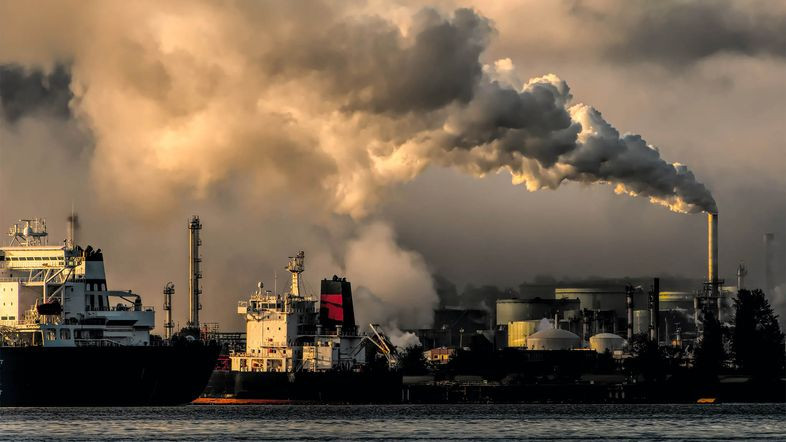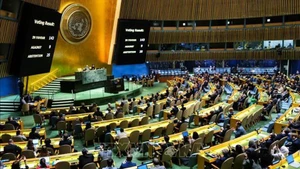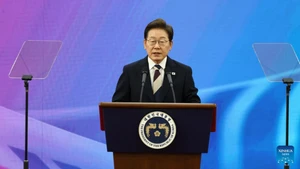The United Nations (UN) has published a draft on climate financing due to be presented at COP29. The document, called the New Collective Quantified Goal on Climate Finance (NCQG), aims to replace the developed countries’ commitment of contributing 100 billion USD a year to help developing countries cope with climate change.
The draft outlines the different views of developed and developing countries.
Accordingly, the Arab group of countries is calling on developed countries to contribute at least 441 billion USD per year from public funds for international climate financing. In total, developed countries are urged to mobilise 1.1 trillion USD annually between 2025 and 2029.
Meanwhile, African countries call for 1.3 trillion USD per year in the new goal for climate finance.
Climate change has caused huge economic losses for Africa. On average, African countries lose up to 5% of their GDP each year due to extreme weather events. This translates to billions of dollars being lost each year, which would otherwise be spent on investment in health, education, and economic development.
To reduce the damage, many African countries are diverting up to 9% of their budgets to climate adaption activities, putting great pressure on public finances.
African countries need finance to increase investment in early warning systems, building resilient infrastructure, and developing sustainable agriculture.
The international community also needs to increase financial and technological support for Africa to help the continent adapt to climate change.
In recent negotiations, donor countries have taken the view that the figures stated in the UN draft were unrealistic.
The US, the European Union (EU), the UK, Japan, Canada, Switzerland, Turkey, Norway, Iceland, New Zealand and Australia argue that they are responsible for less than 30% of historical emissions and want to add China and the Gulf states to the list of donors.
Despite acknowledging that developed countries need to continue to lead in mobilising climate finance, the EU stressed that the common goal can only be achieved with the participation of high-emitting countries.
Climate cooperation between the US and China - the world's two largest economies and largest emitters — is a key factor in the joint efforts to cut global greenhouse gas emissions.
While the US encourages countries to contribute to the climate finance fund, China and some developing countries remain concerned that this will cause rich countries to neglect their responsibilities.
Recently, the US and China discussed COP29, including the establishment of a new fund to help developing countries tackle climate issues.
Climate finance has been one of the most divisive issues in the UN climate negotiations. The least developed countries, which are most vulnerable to the impacts of climate change, argue that developed countries should provide funding packages to help them adapt to climate change. However, the costs of climate impacts keep rising, and many poorer nations are deep in debt. Meanwhile, wealthy nations refuse to commit to large and growing climate costs.
In this context, COP29 is considered a major test of cooperation and the will to step up the fight against climate change. Negotiations at COP29 are expected to set a new financial target. However, the negotiations will face great difficulties stemming from conflicts of interest between countries.
















